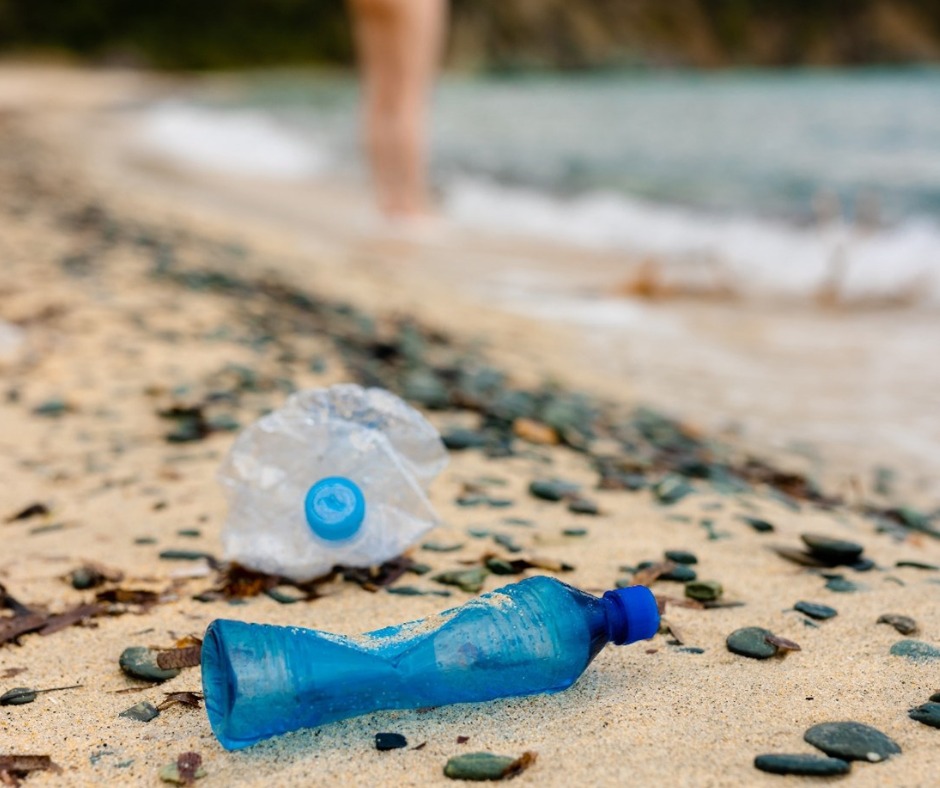The University of Gdansk is a partner in the Interreg South Baltic project on plastics ending up in the oceans.
Plastic waste in the oceans poses a threat to marine life and biodiversity in the southern Baltic, with 80% of this waste coming from land-based sources and the result of human activity. The presence of this waste highlights the need to raise awareness and motivation to reduce the amount of rubbish entering the sea.
The Circular Ocean-bound Plastic (COP) project is dedicated to addressing the pressing problem of plastic pollution in the southern Baltic Sea. Implemented in partnership with representatives from Denmark (CLEAN Cluster – Leader, The Foundation Plast Center Denmark, Ocean Plastic Forum), Sweden (Sustainable Business Hub), Germany (University of Rostock, Leibniz Institute for Baltic Sea Research) and Poland (University of Gdansk, Gdansk Sports Centre and Gdansk Water Foundation), the project aims to identify opportunities to collect, recycle and reuse plastic waste that enters the region’s marine waters. The implementation of these activities, supported by Interreg South Baltic, is planned for 2023-2026, with a budget of more than €2.5 million.
“The project envisages activities in several coastal cities in the southern Baltic Sea region to test waste collection technologies and explore the possibility of using plastics that end up in the oceans. An important element of the project is the involvement of small and medium-sized enterprises (SMEs) in the blue and green sectors, local authorities and research institutions throughout the region,” reports Patrycja Jutrzenka-Trzebiatowska, Eng, PhD, from the Department of Chemistry.
The University of Gdansk will contribute to the identification, analysis and characterisation of collected plastic waste, and will carry out chemical recycling of waste fractions of insufficient quality to be subjected to mechanical methods. The Circular Ocean-bound Plastic (COP ) project will be carried out in the Department of Environmental Technology.
More information on the COP project can be found at www.circularoceanplastic.eu.
Funding: The project is funded by the [Interreg South Baltic] European Regional Development Fund, which aims to unlock the blue and green growth potential of the Baltic Sea through cross-border cooperation between local and regional actors from Denmark, Germany, Lithuania, Poland and Sweden.

Edited by MNG/ZP


